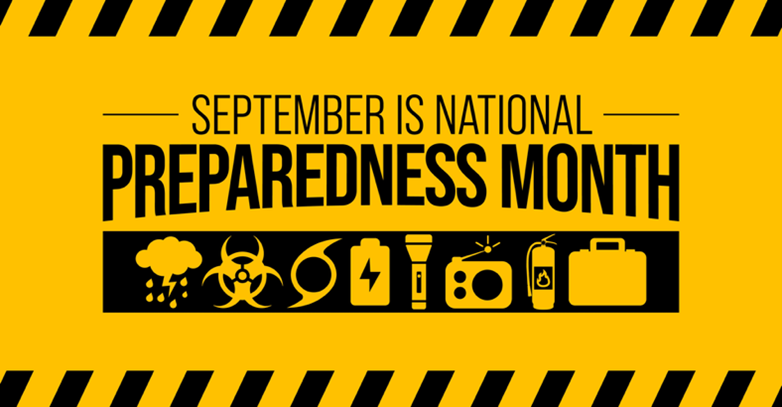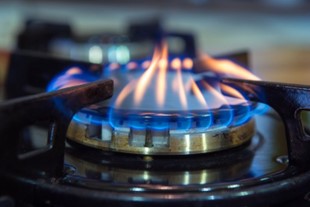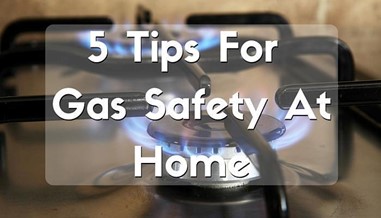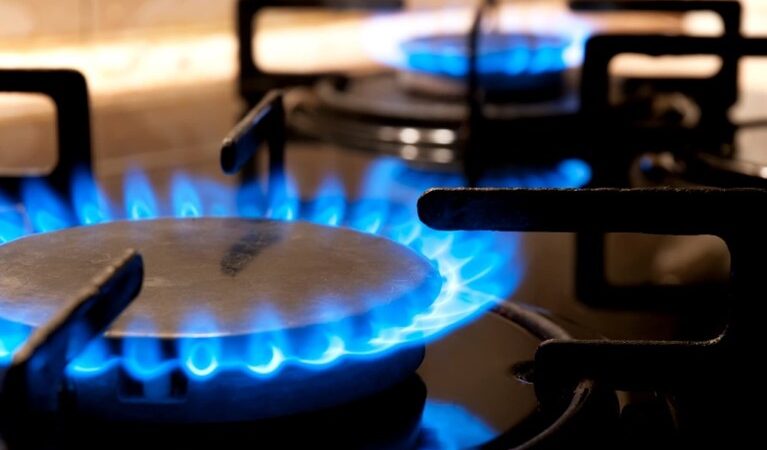September National Preparedness Month

In keeping with National Preparedness Month, here are three natural gas safety guidelines that any homeowner can utilize to be ready:
- If you smell gas:
If you smell gas leave the area right away and call 911 or your gas operators, who are available 24/7. Despite the fact that natural gas has no smell, natural gas operators add mercaptan to create a distinctive rotten egg odor.
When you report possible gas smells, your operators respond right away (getting to the location in less than an hour) to measure the amount of gas in the atmosphere, evaluate the situation, carry out safety inspections, set up a safety perimeter, and, if required, take appropriate action to mitigate the situation. If an evacuation is required, residents cannot reenter the building or the vicinity until it is deemed safe by a natural gas qualified utility professional.
- Utilize natural gas appliances responsibly:
Residents are urged by Natural Gas Operators to maintain their natural gas appliances safely and effectively, to have them inspected on a regular basis, and to remove any potential risks from the area around them. It’s crucial to remember that the customer’s gas meter marks the end of the operator’s control over natural gas lines. The property owner owns everything past the meter outlet and is in charge of keeping the internal plumbing and appliances in good working order.
Natural gas equipment should always be installed and maintained by professionals to guarantee safety.
Residents are advised by Natural Gas Operator to never use a stove or oven as a heating source, to periodically inspect vents, flues, and chimneys for obstructions, and to avoid storing flammable liquids close to their furnace or gas water heater.
- Carbon monoxide and smoke detectors:
Install carbon monoxide (CO) detectors in your house and change the batteries twice a year.
When heating systems malfunction, a gas called CO is released. It can lead to serious health problems or even death. If someone thinks they may have carbon monoxide poisoning, they should get emergency medical attention right away or phone 911.
It is also recommended that homeowners install smoke alarms on every floor of their house, including the basement. Your city may offer a program for free smoke and carbon monoxide detectors.







